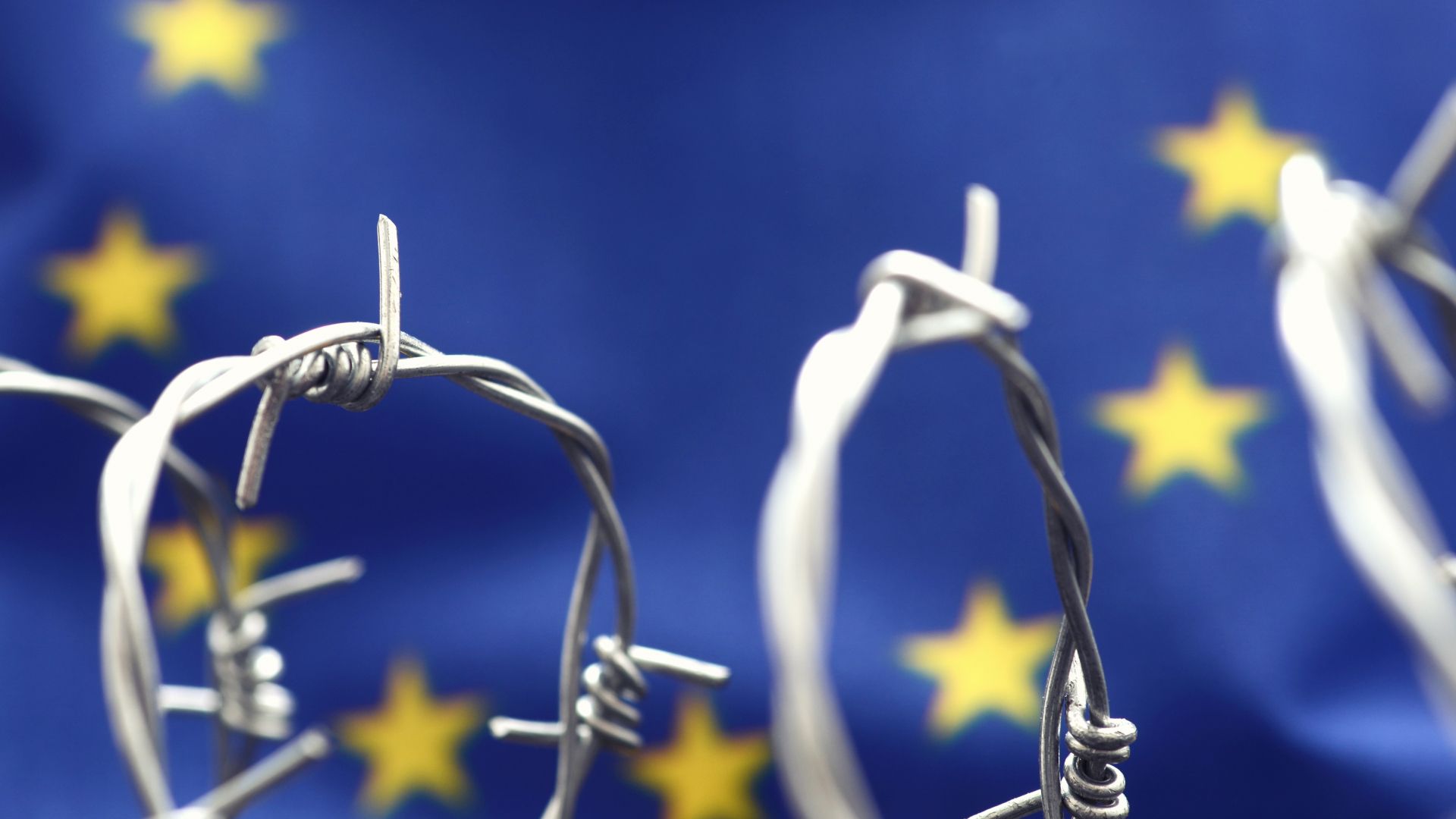S&D MEPs are urging the European Commission and the Council to deliver a permanent search and rescue mechanism in the Mediterranean, together with a binding system for relocation of refugees and migrants as part of European asylum reform.
Ahead of a videoconference of EU home affairs ministers on Tuesday, MEPs in the civil liberties, justice and home affairs committee in the European Parliament today met with the Commission, Frontex, UNHCR, the Council of Europe and NGOs to discuss the migration situation in Libya and on the Central Mediterranean route.
Birgit Sippel, S&D spokesperson on asylum and migration, said:
“These days we are constantly seeing that solidarity across borders is essential in the EU. This is no different for migration and asylum, although member states have not acted on our calls for years. Without a permanent solution for search and rescue, with a workable mechanism for disembarkation of migrants in a place of safety as defined in international and EU law and facilitating onward relocation, vulnerable people will continue to be in distress in the Mediterranean, sometimes without any immediate help. When it comes to relocating people from the port of first-entry, the current responses are ad-hoc, slow and unreliable. At the same time, there are still many European cities which are ready to act in solidarity and receive those in need.
“That is why the EU needs a sustainable and coordinated approach to search and rescue based on international law to replace the existing ad-hoc solutions. Furthermore, the New EU Pact on Migration needs to include a mandatory relocation mechanism based on solidarity with member states at the external borders and vulnerable people at every step of the process. We need to see the Commission and the Council deliver a permanent, fair and European solution to migration challenges so that we can work together to answer the calls for help where people need it.”










